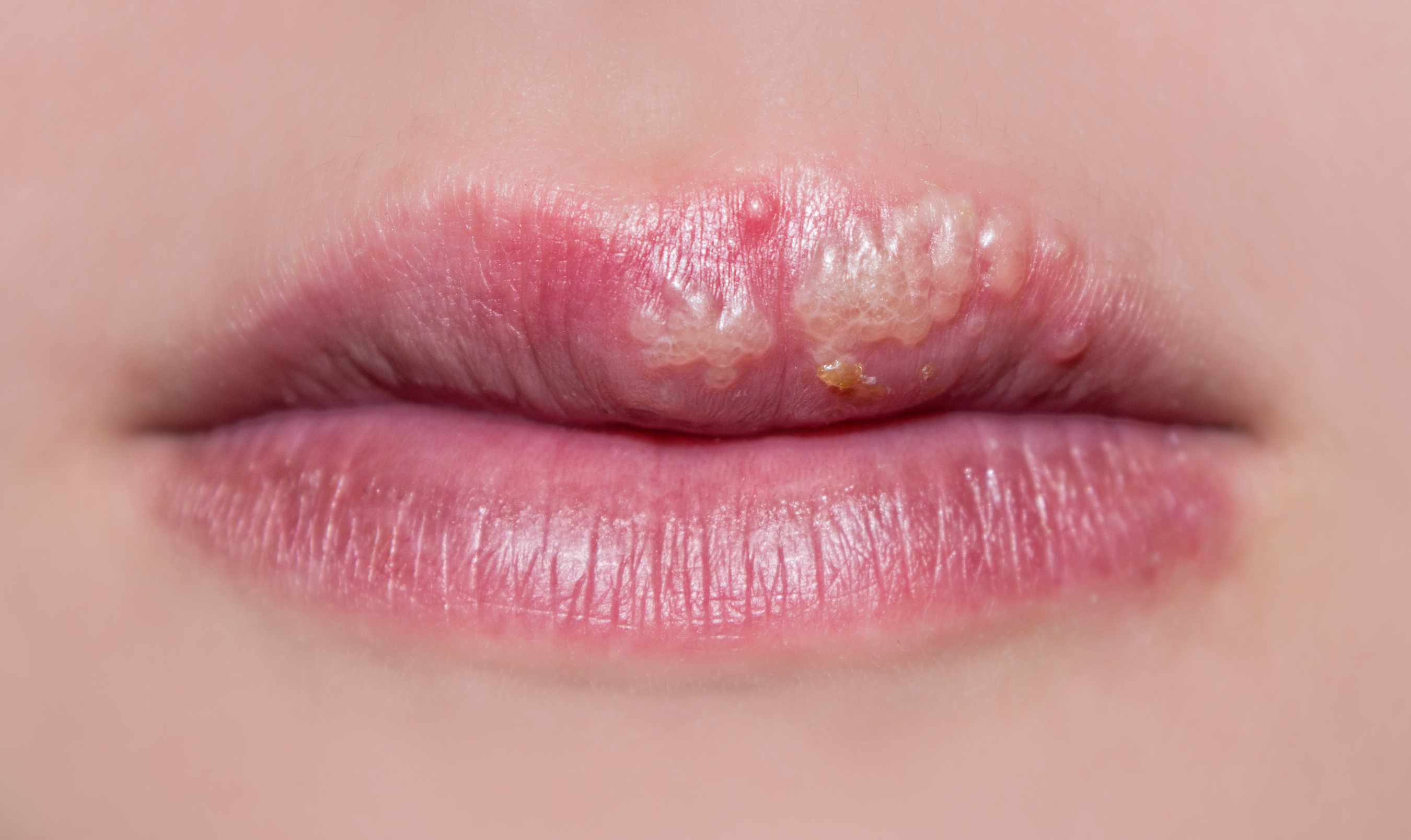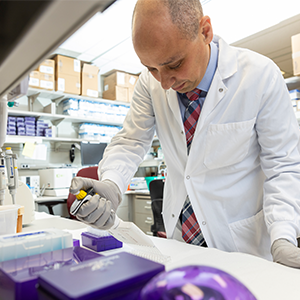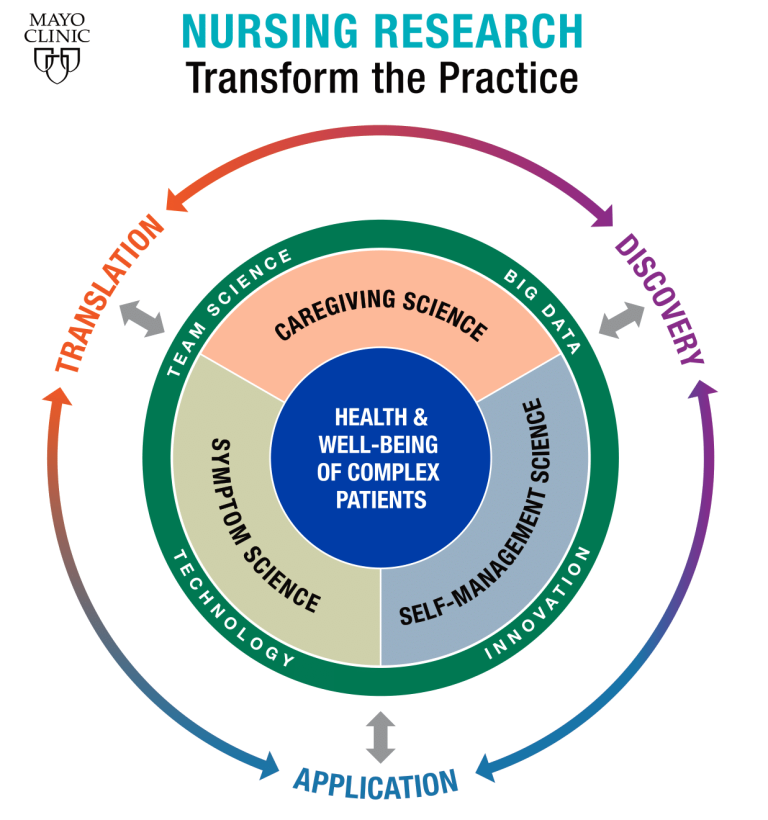Cold sores — also called fever blisters — are a common viral infection. They are tiny, fluid-filled blisters on and around your lips. These blisters are often grouped together in patches. After the blisters break, a crust forms over the resulting sore. Cold sores usually heal in two to four weeks without leaving a scar.
Cold sores spread from person to person by close contact, such as kissing. They're caused by a herpes simplex virus (HSV-1) closely related to the one that causes genital herpes (HSV-2). Both of these viruses can affect your mouth or genitals and can be spread by oral sex. Cold sores are contagious even if you don't see the sores. Cold sores are most contagious when oozing blisters are present. But you can transmit the virus to others even if you don't have blisters. Shared eating utensils, razors and towels, as well as kissing, may spread HSV-1. Oral sex can spread HSV-1 to the genitals and HSV-2 to the lips.
Once you've had an episode of herpes infection, the virus lies dormant in nerve cells in your skin and may emerge as another cold sore at the same place as before. Recurrence may be triggered by:
- Viral infection or fever
- Hormonal changes, such as those related to menstruation
- Stress
- Fatigue
- Exposure to sunlight and wind
- Changes in the immune system
There's no cure for HSV infection, and the blisters may return. Antiviral medications can help cold sores heal more quickly and may reduce how often they return.
To ease the discomfort of a cold sore, try these tips:
- Apply a cold sore ointment. Docosanol (Abreva) is an over-the-counter cream for cold sores. It must be applied frequently and may shorten an outbreak by a few hours or a day.
- Try other cold sore remedies. Some over-the-counter preparations contain a drying agent, such as alcohol, that may speed healing.
- Use lip balms and cream. Protect your lips from the sun with a zinc oxide cream or lip balm with sunblock. If your lips become dry, apply a moisturizing cream.
- Apply a cool compress. A cool, damp cloth may reduce redness, help remove crusting and promote healing.
- Apply pain-relieving creams. Over-the-counter creams with lidocaine or benzocaine may offer some pain relief.








